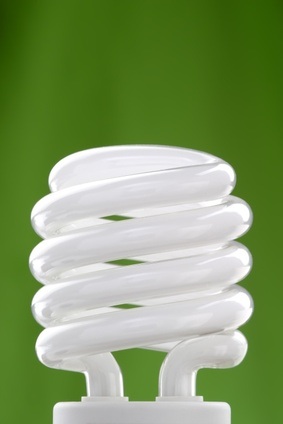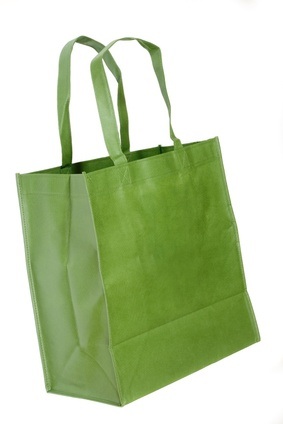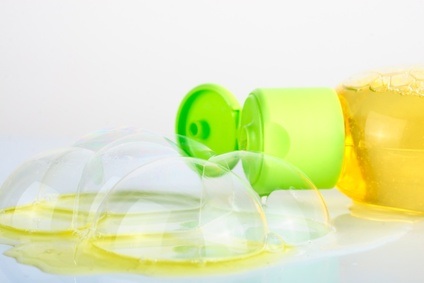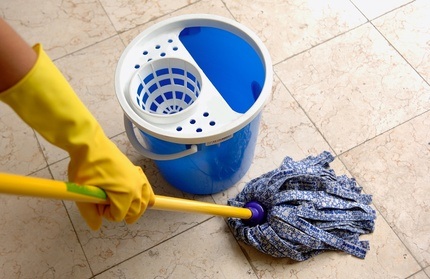As an independent non-profit organization dedicated to safeguarding the environment, Green Seal’s science-based certification standards help to promote the manufacture, purchase, and use of environmentally responsible products and services.
But products change, taking advantage of market trends, new technology, and consumer demand. An important part of Green Seal’s work is to constantly update and add new ‘GS’ standards to stay current with a constantly changing world. Please visit Green Seal to view all our current environmental standards.
You might also be interested in some of the standards in development we have recently revised or are working on revising. Consider this a snapshot in time of where sustainability standards were in the latter half of 2008.
GS-5: Compact Fluorescent Lighting

Major technological advancements have taken place since our first CFL standard was published in1997. Reduced mercury content, increased performance and recyclability improvements have made CFLs an even better choice for protecting the environment. In order to acknowledge this new technology and include life cycle issues other standards don’t, we are in the process of updating the standard. Although other energy efficient lamp options, such as LED, have also advanced, the standard will focus on criteria only for fluorescent lamps. We anticipate publishing this standard later this fall.
GS-16: Reusable Bags

Since the issuance of GS-16 in January 1994, reusable bags have increased exponentially both in volume and types that are commercially available. To establish leadership in the reusable bag category, additional environmental and social issues not covered by the original standard will be included. The scope of this standard will include single-use plastic bags at grocery stores, retail pharmacies or general retailers, produce bags, lunch bags, bank security or deposit bags, postal bags, dry cleaning bags, garment bags or other single-use plastic bags that can be addressed by a reusable option. This standard is in the final stages of development and will likely be released in the coming month.
GS-33: Lodging Properties – Provisional Revision

After reviewing our Green Lodging Program and the progress it has made over the years, Green Seal has decided to propose a provisional revision of GS-33 primarily to enable properties to be certified at three different levels to reflect the range of performance and to encourage continuous improvement toward achieving a high level of sustainability in the industry. The changes being proposed are the inclusion of an entry level of challenging but more readily achievable requirements comprising a subset of the criteria that is selected from the existing standard, and a third, elite level to recognize and reward truly outstanding environmental performance. The second level comprises all the criteria currently in GS-33. We anticipate the final standard will be released next month.
GS-44: Soaps, Cleansers, and Shower Products

In the past few years there has been an increasing consumer demand for natural personal care products. To help manufacturers meet this demand Green Seal has recently issued a proposed standard to cover environmentally preferable soaps, cleansers, and shower products. A Green Seal certification would provide clarity on which products are environmental leaders and assist consumers in their purchase decisions. The public recently reviewed Green Seal's proposed standard and Green Seal is currently reviewing comments on the Proposed Standard. The standard will be updated and open for a final review by the Registered Stakeholders with the final standard planned for issuance in late September.
GS-49: Residential Cleaning Services

The cleaning industry is a $48.4 billion dollar industry with expected annual growth of 5.3% through 2011. Accompanying the increase in the demand for residential cleaning services is a surge in associated environmental impacts. These environmental impacts mostly result from incorrectly dispensed cleaning products and the absence of simple, low cost practices that reduce dirt. Poor quality indoor air linked with improper residential cleaning practices can produce health effects ranging from headaches and dry eyes to nausea, dizziness, and fatigue. Those at risk from these effects are the workers and inhabitants of the residential facility, particularly vulnerable populations like pregnant women, babies, and children. With these critical needs in mind, Green Seal is proposing a standard for residential cleaning services, with an expected publish date of March of 2009.